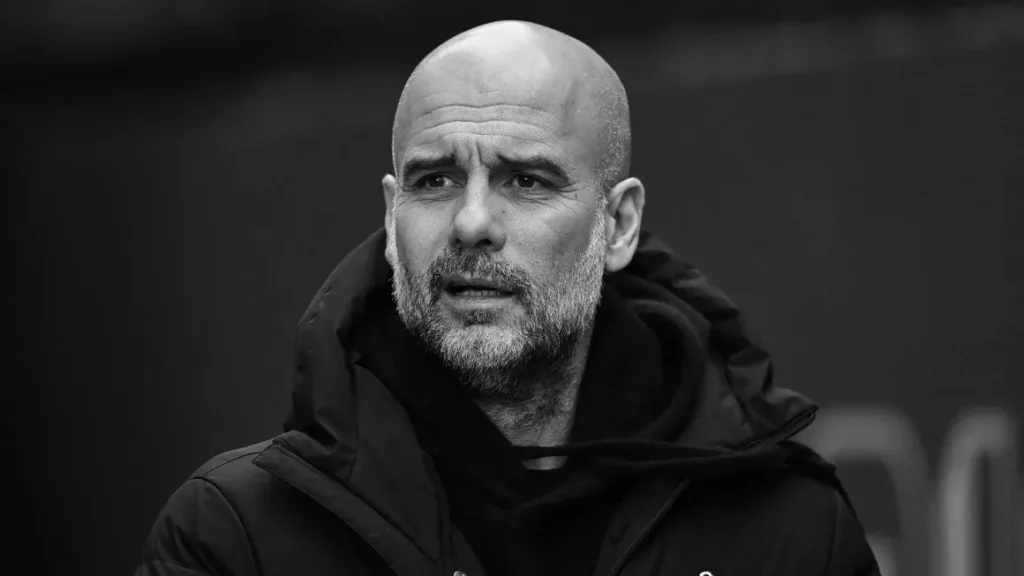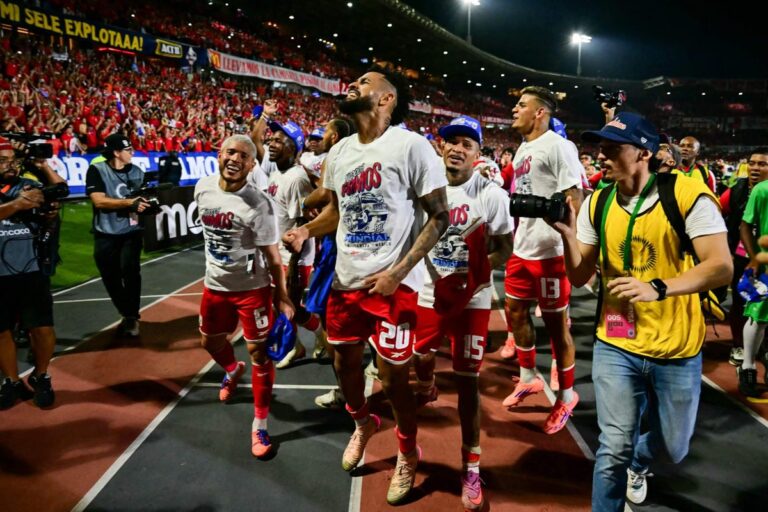In a surprising statement, Pep Guardiola revealed that Manchester City will be the last club he manages. This announcement has sent shockwaves through the football world, leaving fans, pundits, and experts to reflect on the future of both Guardiola and the club. With a reputation for reshaping teams and dominating European football, this decision marks a pivotal moment in his illustrious career. As he nears the final chapter of his managerial journey, it’s worth exploring what this means for his legacy, Manchester City’s future, and the broader football landscape.
Pep Guardiola’s Managerial Journey:
Pep Guardiola’s career as a manager is nothing short of extraordinary. After making a name for himself at Barcelona, where he guided the club to historic achievements with his tactical brilliance, he took on the challenge at Bayern Munich. There, he continued to build upon his philosophy, winning numerous Bundesliga titles and shaping the club’s approach to the game.
However, it was at Manchester City where Guardiola truly left his mark on the Premier League. Since joining in 2016, he has transformed the club into a powerhouse of English football. Under his guidance, City has won multiple Premier League titles, FA Cups, and EFL Cups, playing some of the most attractive and dominant football the league has ever seen.
But now, as Guardiola approaches the final stretch of his career, his announcement that Manchester City will be the last club he manages raises new questions about his future direction and the potential legacy he will leave behind.
Why Manchester City Will Be Pep Guardiola’s Last Club:
Guardiola’s decision to make Manchester City his final managerial destination comes after years of success and growth within the club. While the specifics of his reasoning are not fully clear, several factors likely played a role in this bold statement.
Firstly, Guardiola is known for his intense, all-consuming work ethic, often dedicating himself entirely to his team and tactics. After managing three of Europe’s biggest clubs—Barcelona, Bayern Munich, and Manchester City—it’s possible that he’s looking for a way to step back from the pressures of managing top-level teams.
Moreover, Guardiola’s connection with Manchester City goes beyond just football. He has built a lasting relationship with the club’s ownership, players, and fans. Having achieved unparalleled success at City, he may feel that his work here is complete, with no further challenges to conquer. This could explain why he feels that Manchester City will be the last club he manages—he’s already achieved everything he set out to do.
There’s also the matter of personal life. Guardiola has often spoken about his desire to spend more time with his family, particularly after many years of being immersed in the relentless demands of football management. This shift could be a step toward a more balanced life away from the constant spotlight.
The Future of Manchester City Without Guardiola:
The big question that arises from this announcement is: what happens to Manchester City once Guardiola leaves? His impact on the club has been immense, and replacing such a visionary manager is no easy task.
City has long been one of the most well-run clubs in the world, and it’s likely that they will carefully consider their next steps when Guardiola departs. The club’s deep squad and financial resources mean that they will likely be able to attract top-tier managerial candidates. Names like Julian Nagelsmann, Luis Enrique, and even former players like Mikel Arteta could be considered as potential successors.
Despite the uncertainty, one thing is clear: Guardiola has laid a strong foundation for the future of Manchester City. His commitment to developing youth, fostering a winning culture, and creating a distinct footballing identity will likely ensure that the club continues to perform at the highest level long after his departure.
Pep Guardiola’s Legacy:
Guardiola’s legacy at Manchester City will be remembered for years to come. He’s revolutionized the way the club plays, introducing a style of football that’s focused on possession, pressing, and positional play. His influence has helped elevate the Premier League and set new standards for what’s possible in modern football.
But his legacy will extend far beyond just the trophies he’s won. Guardiola’s time at City has seen some of the finest individual performances in Premier League history, with players like Kevin De Bruyne, Raheem Sterling, and Sergio Agüero reaching new heights under his guidance. The culture he’s created at City, one of relentless pursuit of excellence and innovation, will continue to inspire generations of players and coaches alike.
Ultimately, Pep Guardiola’s last club will be remembered for the profound transformation he’s made at Manchester City. His tenure has left an indelible mark on the club, and his departure will surely be one of the most defining moments in modern football.
Pep Guardiola’s decision to make Manchester City his final managerial role marks a defining moment in his career. As he prepares to close this chapter, his legacy as one of the greatest managers in football history is already secure. While the future of Manchester City may seem uncertain without him, the groundwork he’s laid ensures that the club will remain a dominant force in the years to come. Fans will continue to celebrate his achievements, while looking forward to the next era in City’s history.


